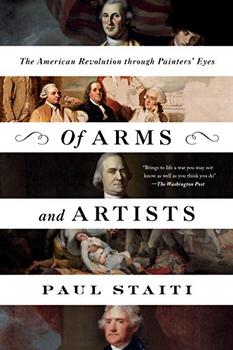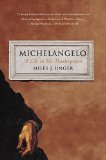Summary | Excerpt | Reviews | Beyond the book | Read-Alikes | Genres & Themes | Author Bio

The British Colonies and the Creation of the Urban World
by Tristram HuntAn original history of the most enduring colonial creation, the city, explored through ten portraits of powerful urban centers the British Empire left in its wake
At its peak, the British Empire was an urban civilization of epic proportions, leaving behind a network of cities which now stand as the economic and cultural powerhouses of the twenty-first century. In a series of ten vibrant urban biographies that stretch from the shores of Puritan Boston to Dublin, Hong Kong, New Delhi, Liverpool, and beyond, acclaimed historian Tristram Hunt demonstrates that urbanism is in fact the most lasting of Britain's imperial legacies.
Combining historical scholarship, cultural criticism, and personal reportage, Hunt offers a new history of empire, excavated from architecture and infrastructure, from housing and hospitals, sewers and statues, prisons and palaces. Avoiding the binary verdict of empire as "good" or "bad," he traces the collaboration of cultures and traditions that produced these influential urban centers, the work of an army of administrators, officers, entrepreneurs, slaves, and renegades. In these ten cities, Hunt shows, we also see the changing faces of British colonial settlement: a haven for religious dissenters, a lucrative slave-trading post, a center of global hegemony.
Lively, authoritative, and eye-opening, Cities of Empire makes a crucial new contribution to the history of colonialism.
Hunt expertly avoids the topic of whether the Empire was good or bad, charting, instead, its expansion — and showing how it learned its lessons over the years and modified its policy accordingly. It’s what allowed such a small country, a cluster of islands essentially, to dominate the world stage for well over 200 years. The sheer audacity and strategy needed to even execute such a thing are unimaginable. Hunt gives us a glimpse into the process...continued
Full Review
(771 words)
This review is available to non-members for a limited time. For full access,
become a member today.
(Reviewed by Poornima Apte).
One of the cities Tristram Hunt visits in Cities of Empire is New Delhi, built separate from Delhi (the original Delhi later came to be called "Old Delhi"). In India, the Empire's capital started off in the port city of Calcutta, but Delhi became an increasingly appealing proposition. Once the seat of the Mughals who ruled India for many years, the British felt a move there would be of symbolic importance. What's more, the city is close to the resort town of Shimla, where many British officials routinely moved to during Delhi's stifling summers.
 Many architects designed and built the grand bungalows that are a part of New Delhi's colonial heritage, but credit, unfortunately, is given mostly to one primary architect, ...
Many architects designed and built the grand bungalows that are a part of New Delhi's colonial heritage, but credit, unfortunately, is given mostly to one primary architect, ...
This "beyond the book" feature is available to non-members for a limited time. Join today for full access.

If you liked Cities of Empire, try these:

by Paul Staiti
Published 2017
A fascinating look at how the art world viewed the American Revolution, and how their work still effects the way we view those events today.

by Miles J. Unger
Published 2015
The life of one of the most revolutionary artists in history, told through the story of six of his greatest masterpieces.